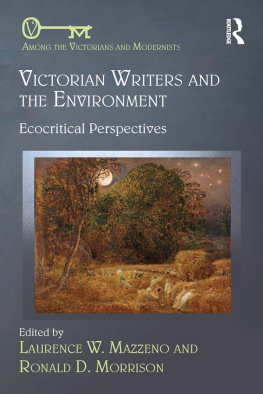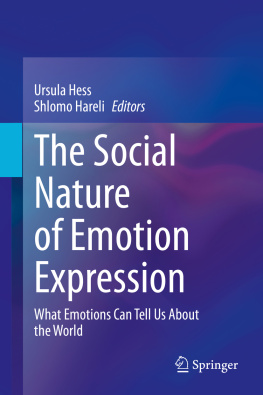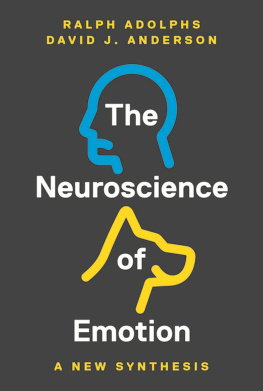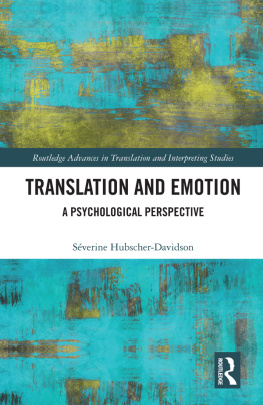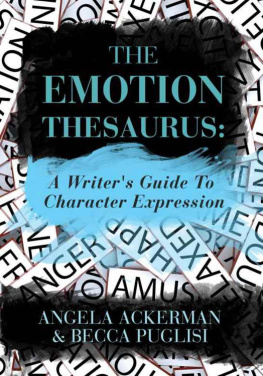Gesa Stedman - Stemming the Torrent: Expression and Control in the Victorian Discourses on Emotion, 1830-1872
Here you can read online Gesa Stedman - Stemming the Torrent: Expression and Control in the Victorian Discourses on Emotion, 1830-1872 full text of the book (entire story) in english for free. Download pdf and epub, get meaning, cover and reviews about this ebook. year: 2020, publisher: Routledge, genre: Religion. Description of the work, (preface) as well as reviews are available. Best literature library LitArk.com created for fans of good reading and offers a wide selection of genres:
Romance novel
Science fiction
Adventure
Detective
Science
History
Home and family
Prose
Art
Politics
Computer
Non-fiction
Religion
Business
Children
Humor
Choose a favorite category and find really read worthwhile books. Enjoy immersion in the world of imagination, feel the emotions of the characters or learn something new for yourself, make an fascinating discovery.

- Book:Stemming the Torrent: Expression and Control in the Victorian Discourses on Emotion, 1830-1872
- Author:
- Publisher:Routledge
- Genre:
- Year:2020
- Rating:4 / 5
- Favourites:Add to favourites
- Your mark:
Stemming the Torrent: Expression and Control in the Victorian Discourses on Emotion, 1830-1872: summary, description and annotation
We offer to read an annotation, description, summary or preface (depends on what the author of the book "Stemming the Torrent: Expression and Control in the Victorian Discourses on Emotion, 1830-1872" wrote himself). If you haven't found the necessary information about the book — write in the comments, we will try to find it.
This title was first published in 2002: Gesa Stedman mines the vein of emotion in Victorian writing to unearth new insights into the ways literature responded to the dramatic social and political changes then taking place. Contemporary research from various disciplines, including sociology, ethnology and history, inform this study, which juxtaposes canonical material such as Dickens Hard Times, Charlotte Brontes Shirley and Germaine de Staels Corinne with popular novels and non-fictional texts, such as The Education of the Heart by Sarah Ellis and Darwins On the Expression of the Emotions in Man and Animals. The analysis deals with emotions applying to both genders, but includes a special section examining the representation of emotion in relation to women. The book aims to provide new insight into the literature of the period, and brings to light new material for scholars interested in the philosophy and psychology of emotions.
Gesa Stedman: author's other books
Who wrote Stemming the Torrent: Expression and Control in the Victorian Discourses on Emotion, 1830-1872? Find out the surname, the name of the author of the book and a list of all author's works by series.

